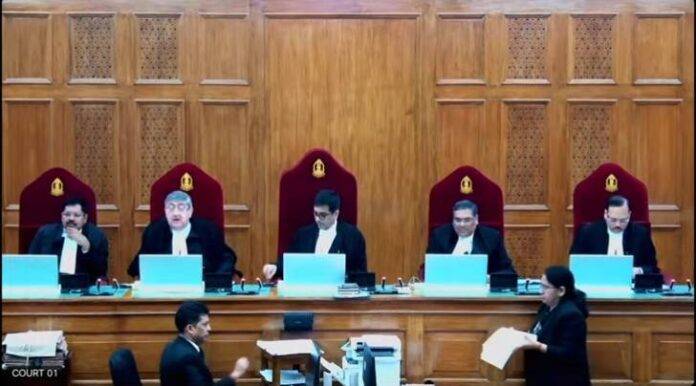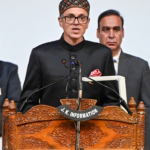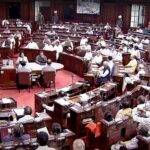New Delhi. Chief Justice of India (CJI) D.Y. Chandrachud said on Monday that Jammu and Kashmir did not retain any element of internal sovereignty when it joined the Union of India; hence, the decision to remove Article 370 is constitutionally valid.
On Monday, a bench of five judges of the Supreme Court gave this decision.
CJI Chandrachud said, “We have held that Jammu and Kashmir did not retain any element of sovereignty or internal sovereignty when it acceded to the Union of India.” He said that Articles 1 and 370 indicate that Jammu and Kashmir is an integral part of India.
He said that Jammu and Kashmir have completely ceded their sovereignty to the Union of India, and the Constitution of Jammu and Kashmir is meant to further define the relationship between the Union of India and Jammu and Kashmir.
CJI Chandrachud said, “There is a clear lack of reference to ‘sovereignty’ in the Constitution of Jammu and Kashmir and in contrast, the Constitution of India asserts in its Preamble that the people of India recognize themselves as a ‘Sovereign, Socialist, Secular and Democratic Republic.’ Let’s resolve to make it.”
He said, “The State of Jammu and Kashmir does not have internal sovereignty distinct from the powers and privileges enjoyed by other states in the country.”
CJI Chandrachud said that the Preamble and Articles 3, 5 and 147 of the Constitution of Jammu and Kashmir read with Article 1 of the First Schedule of the Constitution of India as well as Article 370 indicate in “no uncertain terms” does not do.
Earlier on September 5, the Supreme Court reserved the decision after hearing the arguments of both parties. After a marathon hearing of 16 days, the court reserved the verdict.
The Constitution Bench of Chief Justice DY Chandrachud, Justice Sanjay Kishan Kaul, Justice Sanjeev Khanna, Justice BR Gavai and Justice Surya Kant declared the removal of Article 370 from the Kashmir Valley as constitutionally valid.










